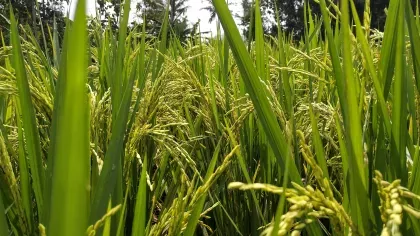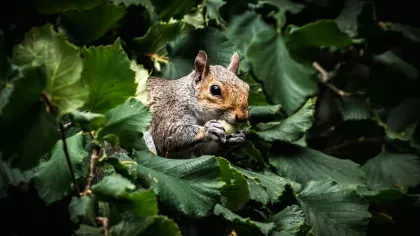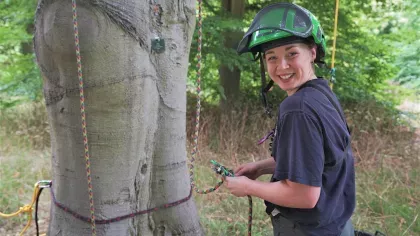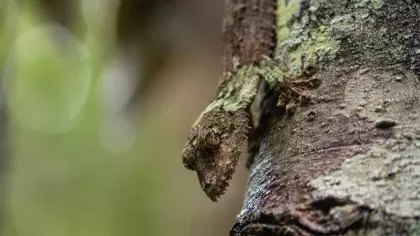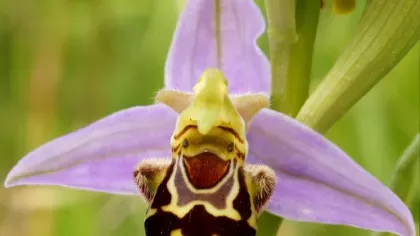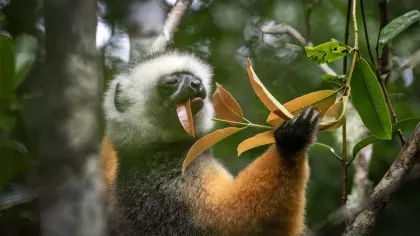29 January 2019
How Kew Gardens is fighting plastic pollution
From our cutting-edge science to using compostable plastic packaging alternatives in our shops and cafés, here are the different ways we are involved in the war against plastic.

Saving our precious planet
A staggering eight million pieces of plastic litter enter the world’s oceans every day, having a devastating effect on the environment and wildlife (Surfers Against Sewage).
Being part of the fight against single-use plastic is imperative to Royal Botanic Gardens, Kew and aligns with our vital role in the conservation and sustainability of our precious planet.
Here’s what we are doing to reduce plastic waste, from our ground-breaking science to using compostable alternatives in our shops and cafés.

Our eco standards
We manage our environmental impact using ISO 14001, an internationally agreed standard that helps organisations improve their environmental performance.
Kew was the first UNESCO World Heritage Site to achieve ISO 14001 accreditation back in 2005, and Wakehurst's certification followed soon after in 2008.
Goodbye to single-use plastic
We have removed all single-use plastic from our cafés and restaurants, working with our catering company CH&Co to do so. In its place we have compostable alternatives and eco-friendly packaging made by Vegware.
Derived from plants and made from renewable, lower carbon or recycled materials, all our food packaging, takeaway cups, plates and cutlery are fully commercially compostable and recyclable. But by sight it’s hard to tell the difference from plastic.
Here at Kew, plastic bottles of water have been replaced by recyclable aluminium cans of water, CanO Water.
We are also trialling some serving options that cut out packaging altogether by serving food straight to the plate.
Garbage Guzzler
The Vegware packaging, along with food waste, should be placed in compostable bins in the cafés. We are trialling a system on site to turn this waste into soil improver using an aerobic waste digester, called the Garbage Guzzler.
This uses heat and bacteria to convert all compostable waste into soil improver. General café waste is sorted for recycling and biofuel.
Coffee cup campaign
Everyone loves a cup of coffee but plastic-lined disposable cups are a real environmental issue.
Our takeaway cups are commercially compostable and printed with vegetable ink. But to help the environment further and reduce single-use packaging, we really want to encourage our visitors to bring their own reusable coffee cups to Kew instead. As an incentive for visitors to change their habits, we've added a 15p charge to our disposable cups.
At Wakehurst, our wild botanic garden in Sussex, a 15p charge for all disposable cups will be in place from 1 March 2019.
You can buy our Recycled Reusable Coffee Cup now.
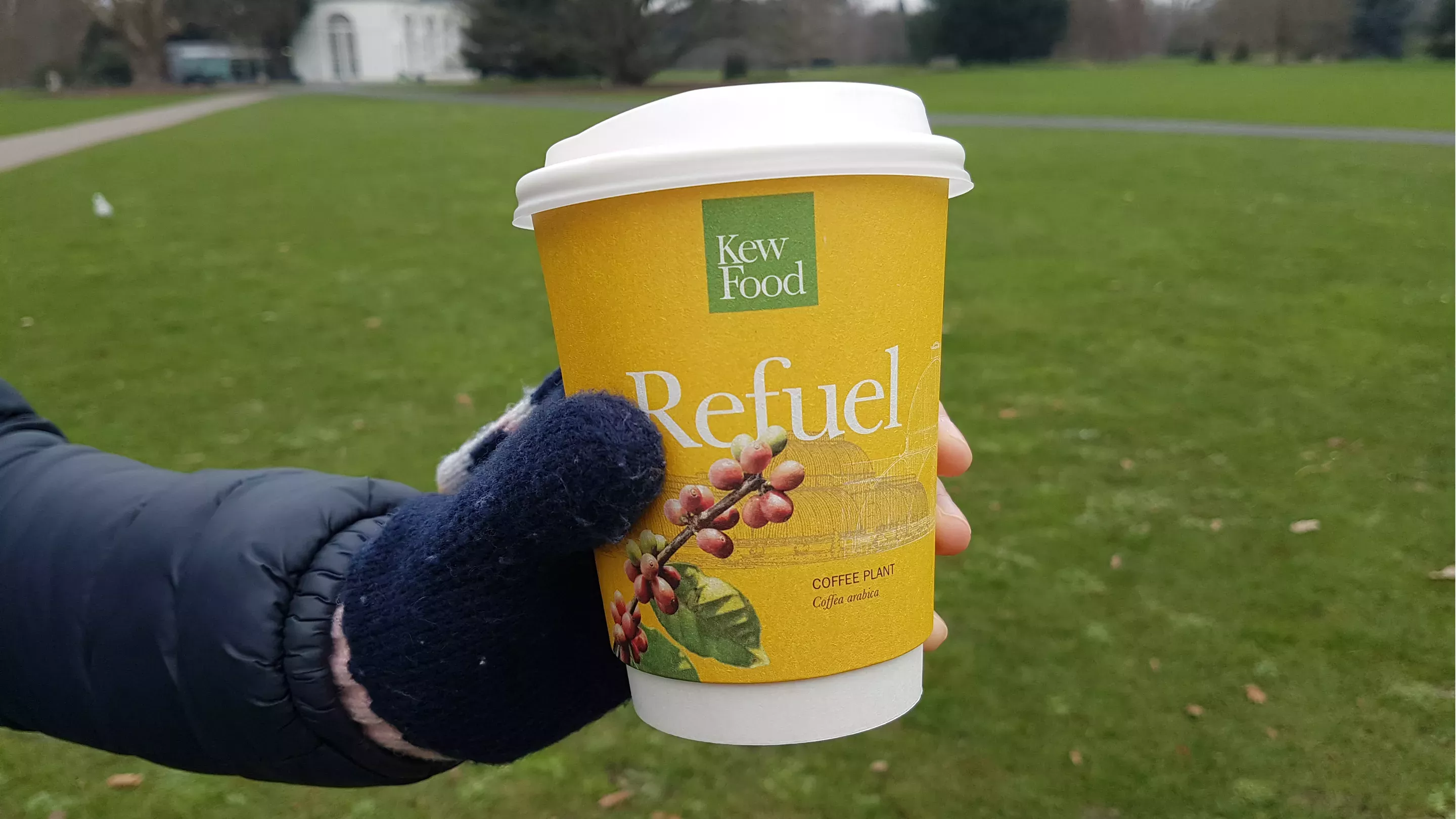
Slashing shop plastic
Our Kew and Wakehurst shops have removed all virgin plastic bags and only use paper bags for purchases.
The exception are our plant bags (which need to be waterproof and sealable for biosecurity). They are made from 100% recycled and recyclable plastic.
As with our cafés, our shops have swapped plastic water bottles for recyclable aluminium cans.
We have also removed plastic from our sweets packaging which is now made from fully compostable corn starch.
Working with our suppliers, we are reducing and replacing single-use plastic packaging on other items. For example, some of our children’s toys are now to be made from recycled instead of virgin plastic.
Plastic wrapping from deliveries to the shops is reused at the till points.
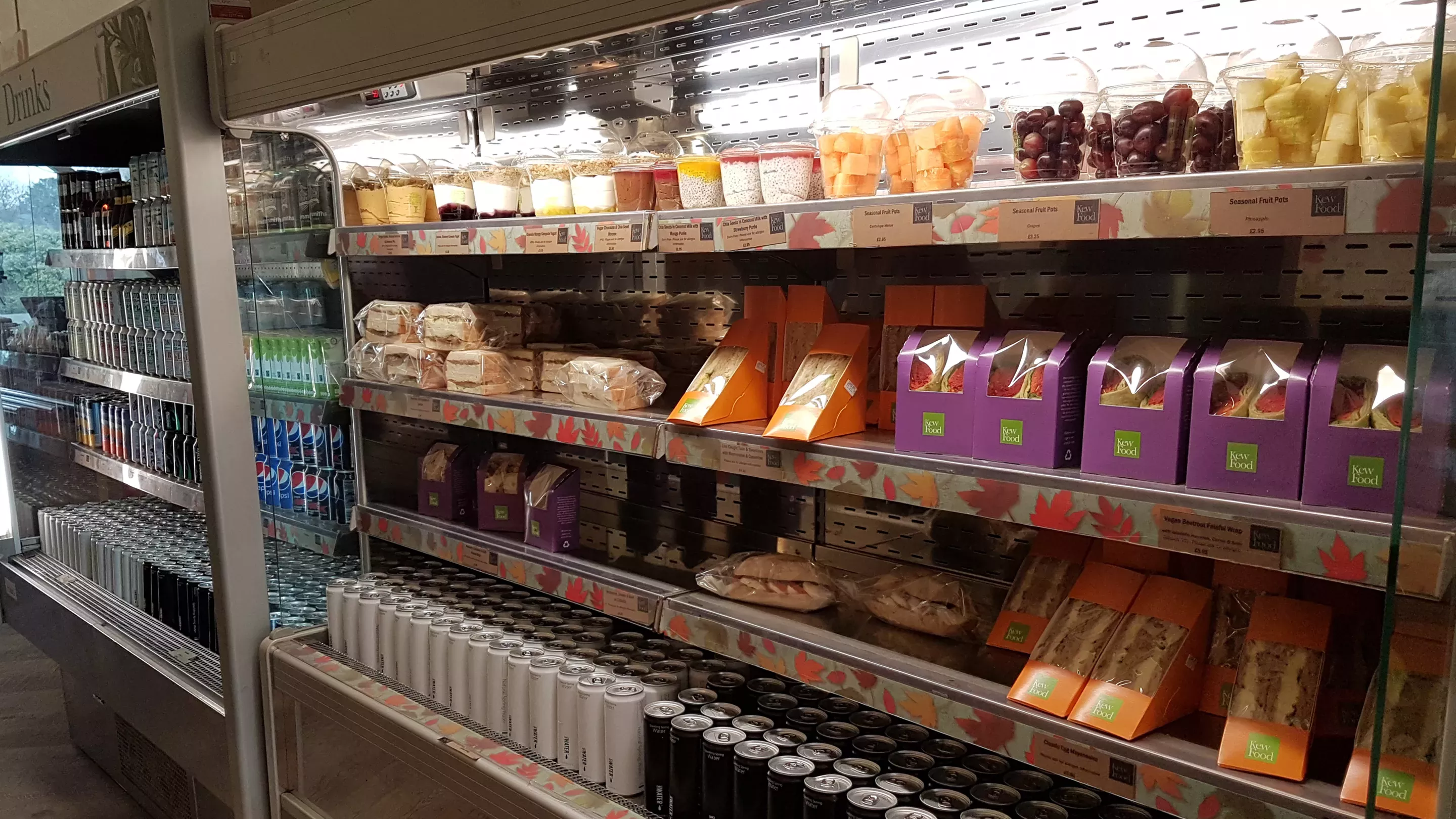
Recycling regime
Kew recycled over 250 tonnes of waste last year. And whether visitor or staff generated, our waste never goes to landfill.
Waste from our Gardens' bins is either recycled or incinerated (88% of the waste collected is burnt to produce electricity and 12% is sorted for recycling).
So any plastic within this waste will not end up dumped in landfill or polluting our oceans
Plastic-fighting science
Kew is at the forefront of scientific research, working to improve the planet’s environmental issues.
Our State of the World’s Fungi 2018 report revealed research into using fungi to create more sustainable alternatives to non-biodegradable plastics, such as Aspergillus terreus.
Itaconic acid can be extracted from Aspergillus mould grown in fermentation tanks using natural feed stocks. This acid can then be used to produce bioplastics, such as Lego pieces and car parts, as a replacement to environmentally harmful plastics. Because of this there is increasing interest in producing plastics this way.
More to do...
We know we have more to do but we are continually striving to reduce the use of plastics throughout Kew, and finding and working with suppliers who also share these aspirations.
This will be a programme of work that is ongoing as we continuously venture to fight plastic pollution.
Want to support our important science and conservation work? Become a Kew member today and you'll also get to enjoy a variety of great membership benefits.
